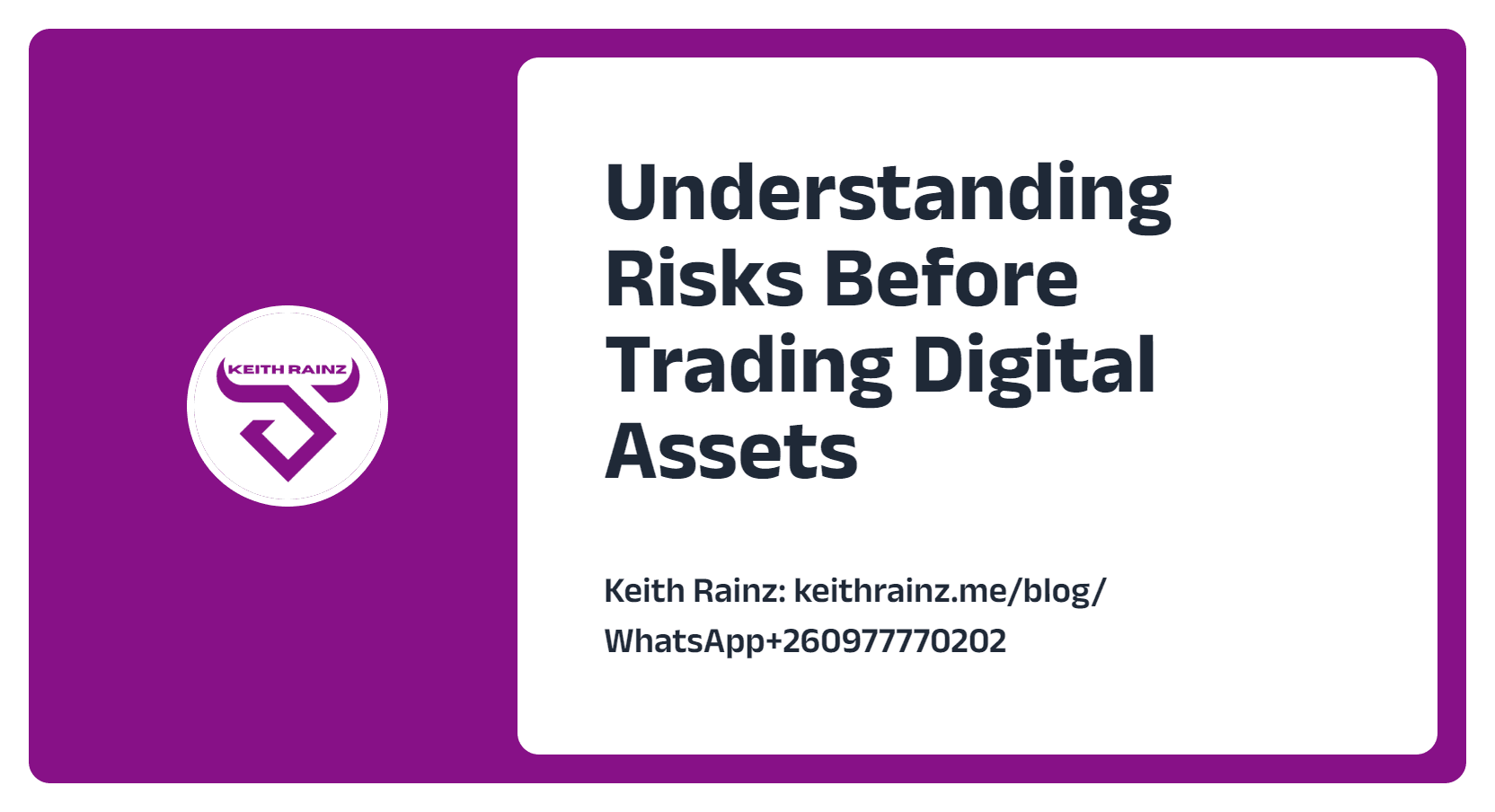Before hopping onto any digital asset platform, it’s crucial to grasp the risks involved.
Digital assets, often referred to as crypto assets, are relatively new and can operate differently from familiar financial products. These assets, not issued by central banks, are traded, transferred, or stored electronically using cryptographic techniques and distributed ledger technology.
It’s essential to educate yourself on the risks associated with digital assets. If you use a platform to transact, never invest money you aren’t prepared to lose. For instance, digital asset transactions are irreversible. If you send assets to the wrong address or fall for a scam, recovering those assets is typically impossible. The volatility in their value compared to local currency means significant losses could occur in a short span.
Additionally, the assets supported on various platforms might offer no recourse against their issuing entities. These assets aren’t legal tender in any jurisdiction and aren’t backed by government protections or deposit insurance. Recent and rapid regulatory changes can influence their use and value, possibly leading to a complete loss. Digital asset transactions are recorded on blockchain ledgers, but the timing of these records can vary.
Their market value is driven by participants’ willingness to trade them for local currency or other assets. If demand falls, the result could be a permanent or total loss of value. Moreover, digital assets aren’t always accepted as payment in the future, which can affect their value. Any transaction could also bring tax responsibilities, so it’s vital to understand your tax obligations. Technological issues might also prevent access to your assets at times.
Stablecoins, often seen as a ‘safe’ form of digital asset, come with their own risks. Their value pegged to fiat currency or other assets can be risky if those underlying assets lose value or become hard to trade. No guarantees exist that stablecoins available on platforms are fully backed by cash reserves.
Trading digital assets can lead to financial losses due to the technical complexity and possible attacks on their underlying technology, including blockchains. Changes to this technology, either intentional or due to vulnerabilities, can lead to the assets not functioning as expected. Some assets might decrease in value or be lost entirely due to these technological changes, market manipulation, security breaches, or cessation of support by trading platforms.
Knowing these risks is key to making informed decisions when trading digital assets. Stay informed and always get advice from a trusted financial advisor.







